
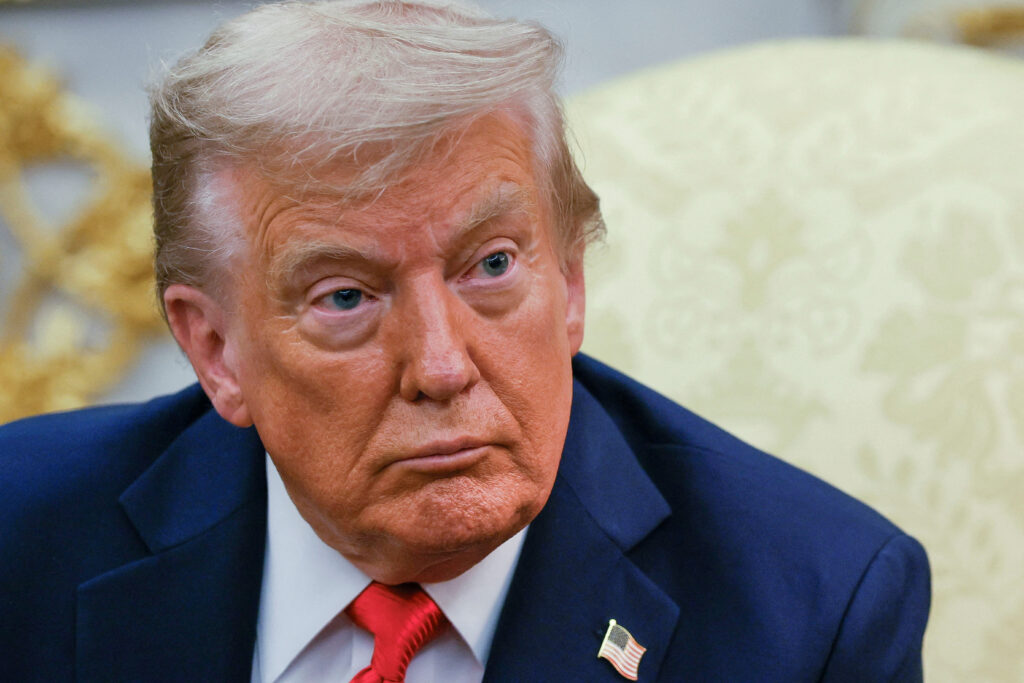
Jamaica’s inclusion among four Caribbean Community (CARICOM) member states in a just-released US list of major drug transit/illicit drug-producing countries could very well be the latest in a series of warning signals that Washington’s patience is wearing thin.
Indeed, it may not have come as a surprise, given Jamaica’s ‘ideal’ geolocation within the transnational organised criminal underworld, as was the reasoning disclosed in the document published on Monday (September 15).
Location may be the only thing going for the island, as Jamaica is not a known producer of illicit drugs such as fentanyl, cocaine, methamphetamines, nitazenes and other synthetic opioids.
Objectively, it is also noteworthy that neither Jamaica nor its listed CARICOM neighbours (Bahamas, Belize and Haiti) were singled out for “failing to adhere to obligations under international counternarcotics agreements”.
Even with all that in mind, however, for Jamaica to be on the list for the third time since 2023 across two administrations (those of presidents Joe Biden and Donald Trump), one would assume it does not inspire confidence.
Prime Minister Andrew Holness and his administration, having secured a historic third term in power, should not rest on their laurels and then act shocked when Washington’s goal post shifts and the island is listed as a narcostate.
Government-run entities such as the Jamaica Customs Agency, Jamaica Defence Force (JDF) and Jamaica Constabulary Force (JCF) have made considerable gains in maritime drug interceptions and illicit sea and airport drug seizures, but how much is still slipping through the cracks? And is it merely a ‘crack’ or have we deluded ourselves into willfully shrinking a growing chasm?
Monday’s presidential determination is an annual decree that the president is obligated to report to Congress under the Foreign Relations Authorization Act of 2003.
It advised that a country’s mere presence on the list “is not necessarily a reflection of its government’s counterdrug efforts or level of cooperation with the United States”, but rather, based on Washington’s statutory definition of a “major drug transit or major illicit drug-producing country” as obtained in two sections of the Foreign Assistance Act of 1961.
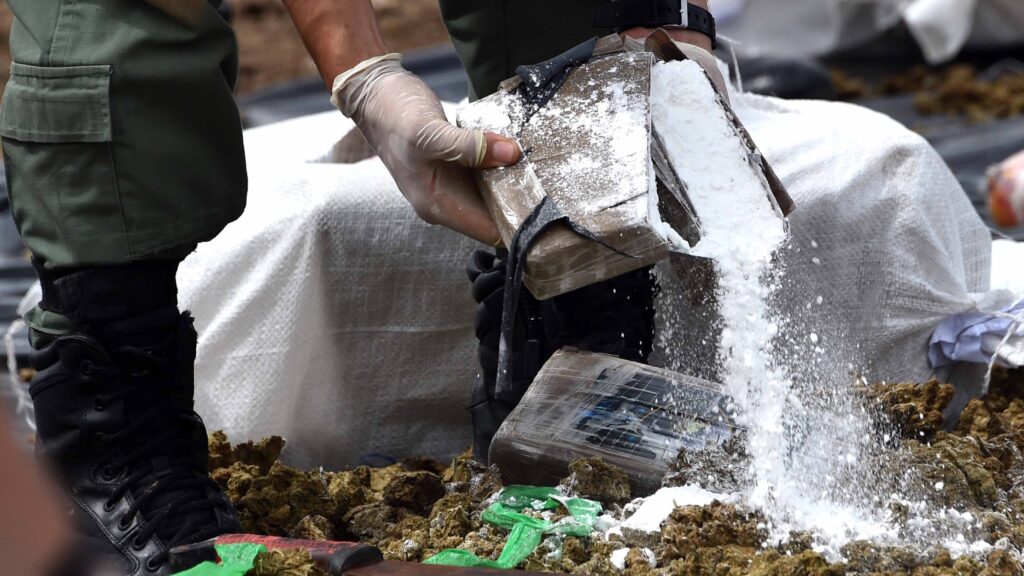
By this metric, the determination explained, “countries are placed on the list is the combination of geographic, commercial, and economic factors that allow drugs or precursor chemicals to be transited or produced, even if a government has engaged in robust and diligent narcotics control and law enforcement measures”.
There were noticeable criticisms of Afghanistan, China, Bolivia, Colombia and Venezuela, which the US accused of not taking enough action to stymie illicit drug control.
The president has declared that his administration would deploy “every aspect of American power and unprecedented resources to defeat” transnational organised crime, which he claimed is a great threat to the United States.
It would be wise for Jamaica to get its act together before finding itself under the negative attention of the US.

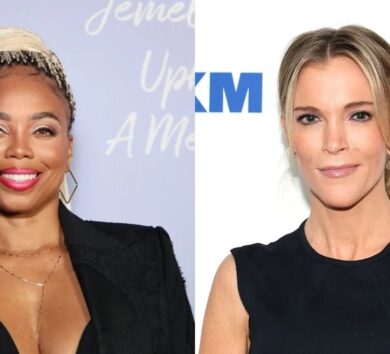
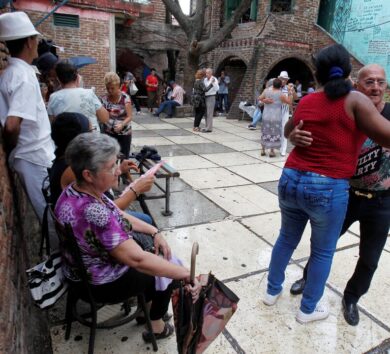
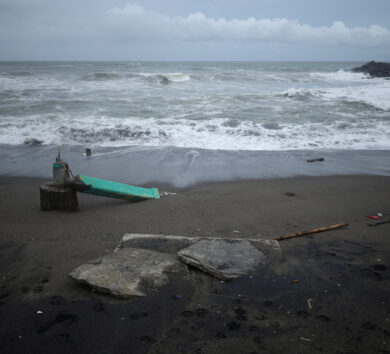


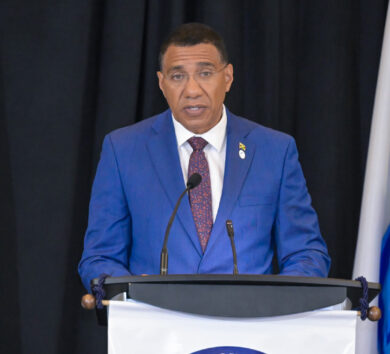
Comments